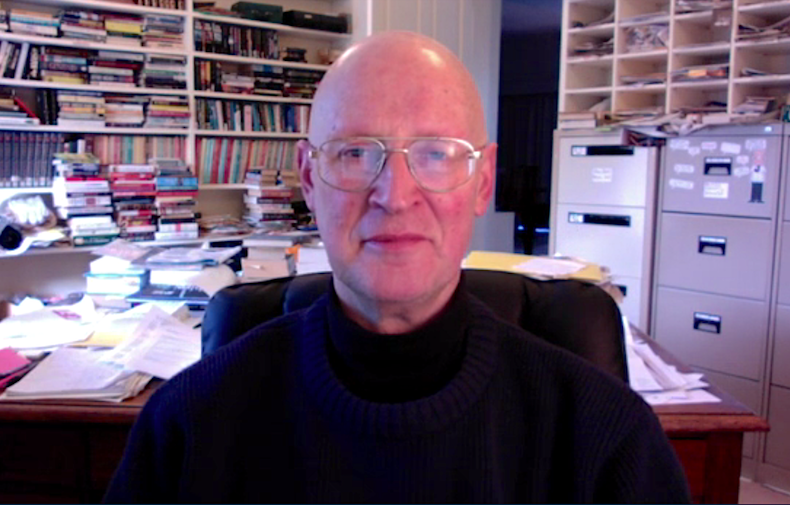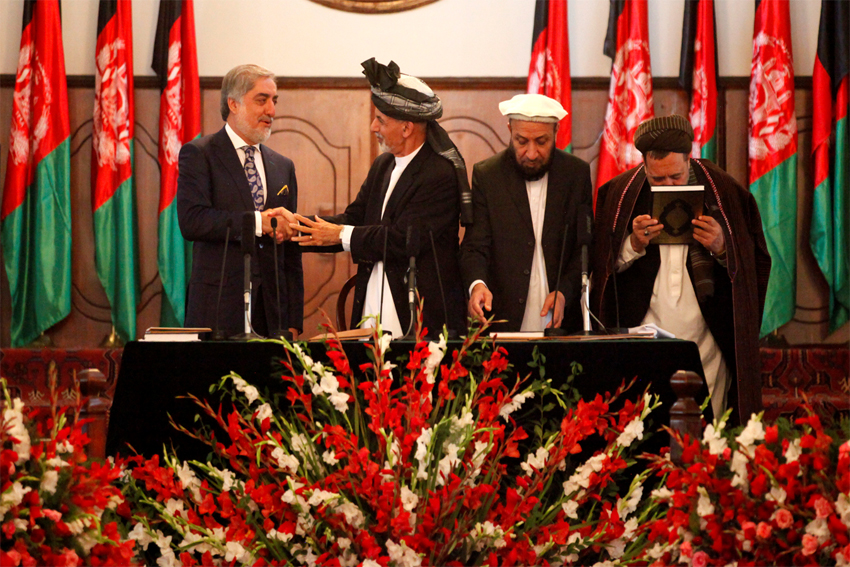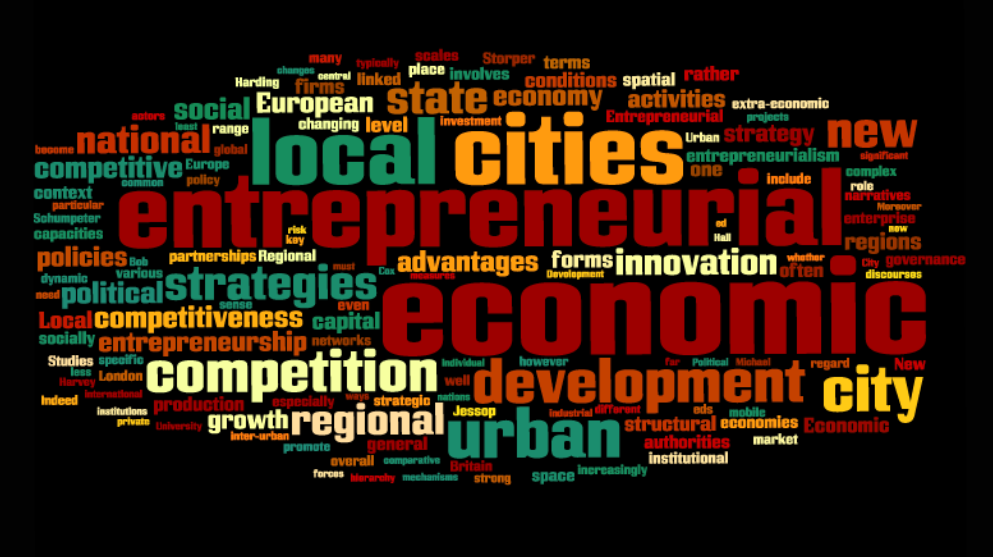On behalf of NATO Association of Canada, I had the privilege to interview William S. Clarke, Managing Director at Winwick Business Solutions, a company that provides business advice to address global environmental challenges. Mr. Clarke discusses the most economically feasible technologies to address climate change, and the main challenges that we are facing internationally.
As many of our readers are students, could you please tell us a little about yourself, your educational background, and what interested you to choose this career path?
Apart from a couple of really hard knocks, mine is no hard luck story. I grew up in Australia, a country as fortunate as post-war Canada, in generally happy times, and in a family old and privileged enough to do public good. I enjoyed both the schools and the universities I attended. I majored in what we now call the STEM disciplines, together with history, economics and business. The only study I regret was Economics, before the advent of behavioural economics. Much economics taught then, and now, is simply not useful, wrong, and not evidence-based.
Today, as then, few choose a single-path career. Luck, my abilities and the rapids in which I found myself, took me from a job in industrial sales, through IT, business analysis, strategic planning, general administration, to some seminal work on Defence R&D projects. In most of these I attempted innovation, but most-times my political and persuasive skills were inadequate to overcome vested interest, fear, and lack of imagination. That is partly why I established my own startup.
You are currently Managing Director at Winwick Business Solutions (WBS), which is a company based in Australia that provides business advice to address global environmental challenges. What are the biggest challenges that we are now facing internationally, when it comes to climate change?
WBS started out offering advice to small and medium-sized enterprises, but soon transformed into a still-unremunerative, but delightful invention shop. It has patented technologies that may well become a key foundation for the nascent biorefinery industry. Its subsequent inventions in climate restoration technologies are purposely not patented, so that many can participate in their development, approval and deployment that could still save our world – if we act decisively.
The biggest climate challenge that we are now facing internationally is that our politicians, bureaucrats and industrial leaders are either misguided as to the direness of our situation, or are too short-term focused. They fake confidence, suppress or minimize warnings, and fund snake-oil cures like clean coal and bio-energy with carbon capture & storage, rather than investigating better, cheaper and quicker prospects from less-established sources.
What are the most economically and scientifically feasible technologies that we can use nowadays to address these challenges?
There are many technologies, laws, activities, cities and people that are addressing climate challenges with greater or lesser effect. The trouble is that, even in combination, they are totally inadequate to avoid most of the escalating climate and ocean catastrophes. All are probably needed, but what we must develop and deploy globally, to give these others time to work, are ones that cool the world, and reduce carbon dioxide concentrations in the atmosphere and surface waters quickly, effectively, economically and relatively safely, and do so before we exceed too many of the sixty-some environmental tipping points.
The three climate restoration technologies that my colleagues and I have devised, address the main drivers of adverse climate change.
- Our marine cloud brightening technology will cool the world, reduce weather extremes, beneficially influence the gentle precipitation of snow and rain, and render methane emissions less harmful.
- Our buoyant flake technology will transform excess environmental carbon dioxide and methane into neutral marine biomass, some of which will be sequestered in the ocean depths.
- Our ice shield arrays will restore polar habitat, stabilize the polar vortex, halt glacial loss and sea-level rise, and provide northern nations with sustainable power and resources.
Why is geoengineering feared? What are the consequences if geoengineering technologies fail?
Some geoengineering, or more accurately climate intervention, methods are rightly to be feared. However, many of the criticisms incorrectly generalize from those few that are decidedly risky, or for which largely fanciful dangers are attributed. Fundamentalist environmental warriors often unrealistically magnify the latter.
The consequences of our failing to restore our climate and oceans are the progressively nastier extinction of all that we hold most dear.
How feasible is it for our society to achieve a zero carbon economy in the next few years?
Within the next few years a zero carbon economy (meaning no greenhouse emissions), together with our current civilization beyond perhaps 2050, is virtually impossible. However, a cumulative net zero carbon economy and continued civilization and growth is reasonably possible within fifteen years, provided that we undertake the R&D that we propose, and provided that the global community provides the social licenses and arrangements needed to mobilize industry.
Can we rely on our governments to solve the problem of rapid climate change?
Given the lack of effective progress since the threats were identified over 35 years ago, probably not. However, provided that we do not let a free-for-all develop, and particularly if we can convince governments and industry that acceptable solutions are on offer, and in which they should participate, then we have a reasonably good chance of most of the biosphere, the global economy, and enough of our descendants surviving, provided that the necessary global emergency actions are undertaken.
How can Canada use its close proximity to the Arctic to address climate change?
Canada and the Arctic Council can provide much of the climate restoration solution, at the same time as developing invaluable new and sustainable industries, and job opportunities. Northern nations are the principal stewards of the Arctic. By validating, developing or deploying these technologies, particularly that of making ice shield arrays suited for deployment in their vast marine zones, they will be able to restore their environment, with the added benefits of improving their sustainable energy resources, trade, fisheries, seaways, weather stability, economic opportunities, and wildlife biodiversity.
If you would like our readers to take one key message from your interview, what would that be?
Do not despair, panic or lapse into apathy or hedonism! The world is not yet lost. Safe and sensible climate solutions are available, and with them, we can yet have a good, possibly even a glorious, future. But honest dialogue, imagination, perseverance, research and investment are required. I would ask your readers: will you take up the challenge, and help us make that future, despite these darkening days?
I would like to thank William S. Clarke for taking the time to interview with the NATO Association of Canada, and for the insightful wisdom he has offered our readers. Further details on the problems and solutions may be found at http://arctic-news.blogspot.com.au, http://www.climate-restoration-foundation.com and http://envisionation.co.uk/index.php/sev-clarke
Disclaimer: Any views or opinions expressed in articles are solely those of the authors and do not necessarily represent the views of the NATO Association of Canada.




